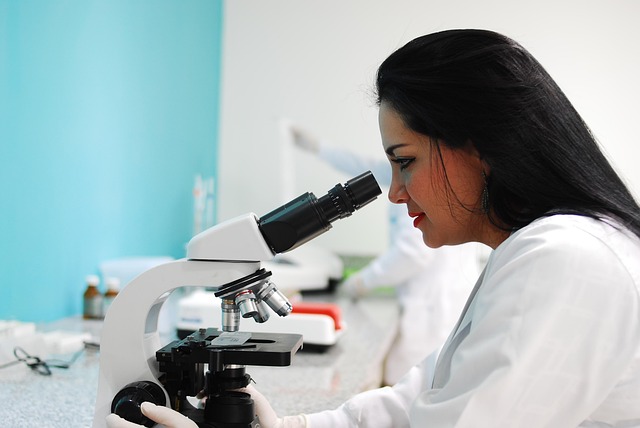Unlocking the Latest Scientific News: The Impact of Social Media on Information Sharing
In today’s fast-paced digital age, the way we consume scientific news has undergone a dramatic transformation. With the rise of social media, information sharing has evolved from traditional outlets such as newspapers and journals to platforms that allow for rapid dissemination and engagement. But what does this shift mean for the quality and reliability of the scientific information we encounter?
The Power of Social Media
Social media platforms like Twitter, Facebook, and Instagram have become key players in the conversation around scientific news. These channels allow scientists, researchers, and enthusiasts to share their findings instantly, reaching a global audience with just a click. This immediacy fosters a vibrant exchange of ideas, where breakthroughs and discoveries can be discussed in real-time, breaking barriers that once limited access to knowledge.
Speed vs. Accuracy
However, the very speed that makes social media a powerful tool in sharing scientific news also introduces challenges. The potential for misinformation and sensationalism has grown, making it essential for users to critically evaluate the sources before accepting information as truth. In a world where anyone can claim to be an expert, determining what is credible and what is not has never been more crucial.
Engagement and Community Building
Furthermore, social media provides a unique platform for building communities around specific scientific interests. Online forums, hashtag movements, and thought-provoking discussions allow individuals to engage actively with emerging trends and important conversations in the scientific community. This connectivity helps foster collaboration and can even influence policy decisions as public opinion shifts based on trending topics within a digital space.
Humanizing Science
Amidst the data and statistics, social media also plays a crucial role in humanizing science. Researchers can share personal stories and experiences that resonate with audiences, transforming complex topics into relatable and engaging narratives. This personal touch not only draws attention to vital scientific news but also encourages dialogue and fosters an understanding of the importance of science in everyday life.
The Road Ahead
As we navigate this new landscape of information sharing, the responsibility lies with both the sharers and consumers of scientific news. With diligence and vigilance, we can leverage the benefits of social media while minimizing the pitfalls. By promoting accurate information and critical thinking, we can ensure that the vast ocean of scientific knowledge adds value to our understanding and collective progress.




